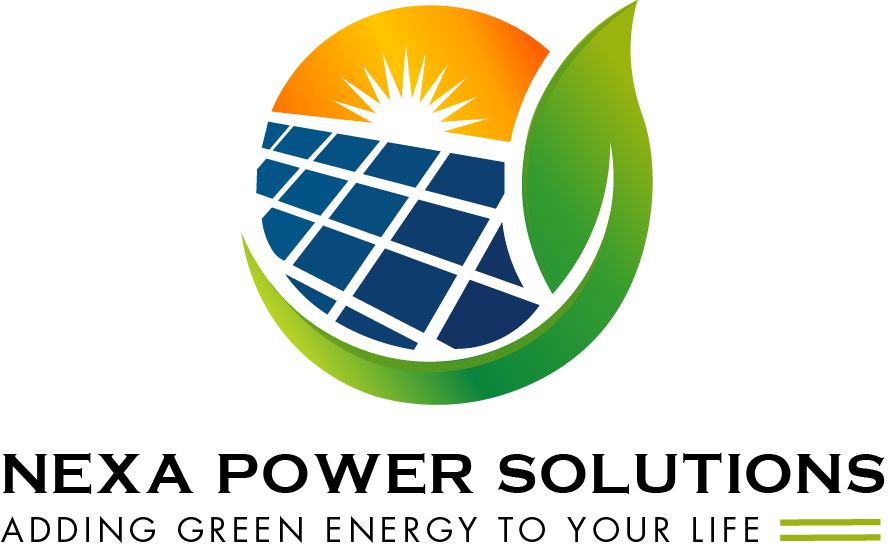Residential solar systems use rooftop solar panels to convert sunlight into electricity for home use, reducing reliance on grid power and lowering electricity bills.

Mon - Fri 8:00 - 18:00 / Sunday 8:00 - 14:00
Residential solar systems use rooftop solar panels to convert sunlight into electricity for home use, reducing reliance on grid power and lowering electricity bills.
Typically, 100 sq. ft. of shadow-free roof area is needed per 1 kW of solar power. The total area depends on your electricity needs and system capacity.
Grid-tied systems shut down during power cuts for safety, but hybrid or off-grid systems with batteries can continue supplying electricity during outages.
Savings depend on system size, sunlight exposure, and electricity rates. On average, homeowners can save 50–90% on their electricity bills over time.
A hybrid solar system combines solar panels and battery storage with a connection to the electricity grid.
Off-grid solar systems provide complete energy independence and are ideal for remote areas without grid access
Yes, with the right solar setup, Solar Atta Chakki systems can operate efficiently and reduce electricity costs.
It is a water pump powered by solar energy, commonly used in agricultural fields and remote areas for irrigation.